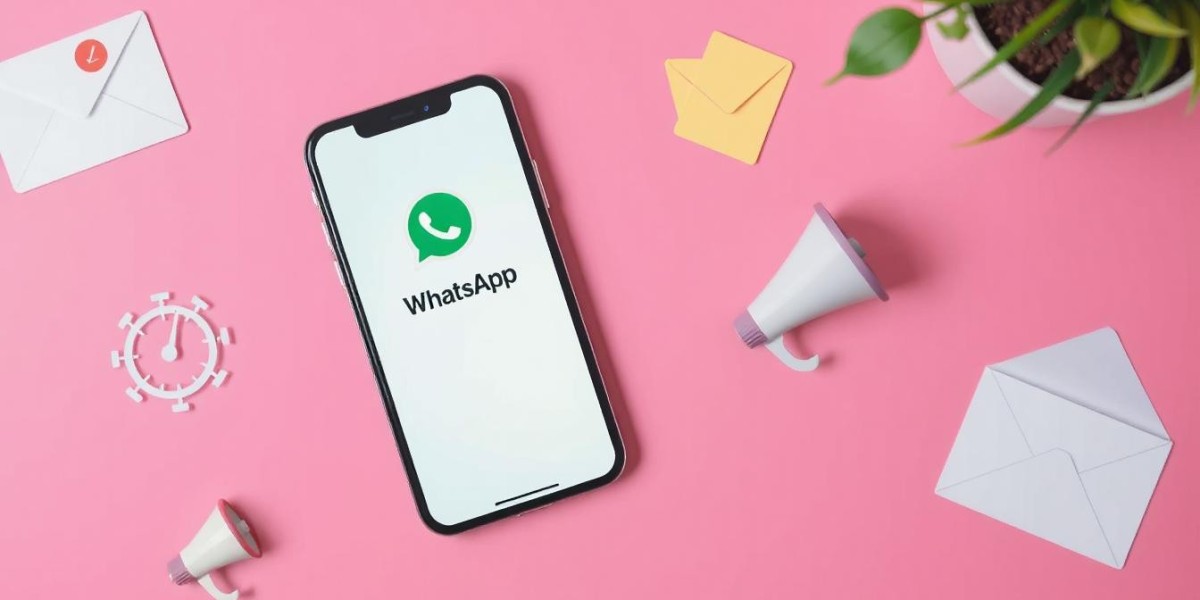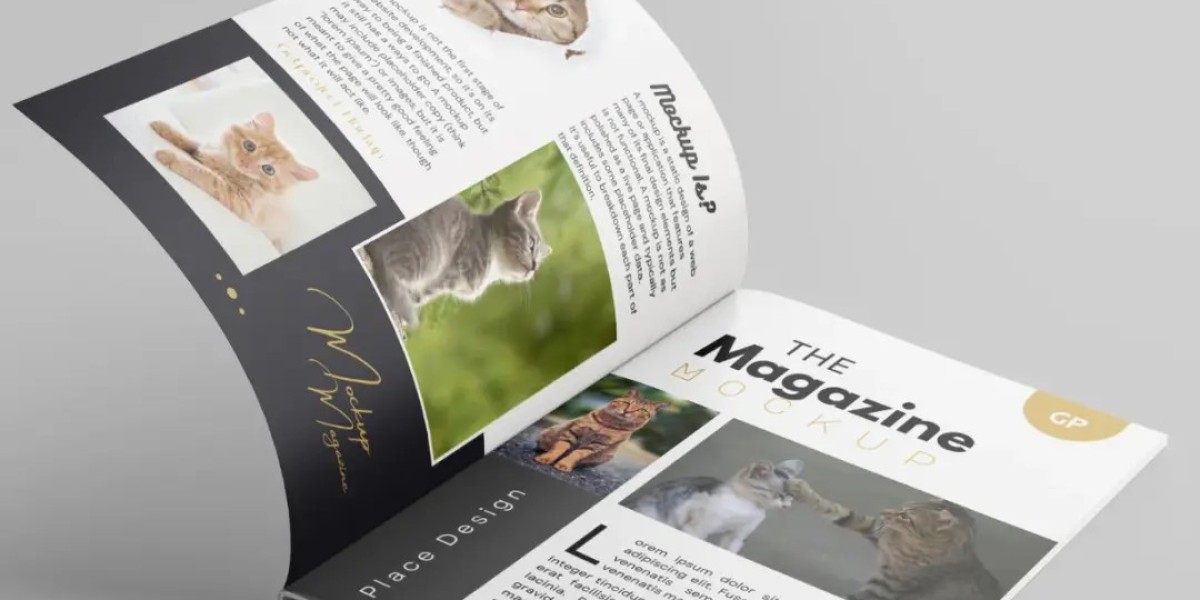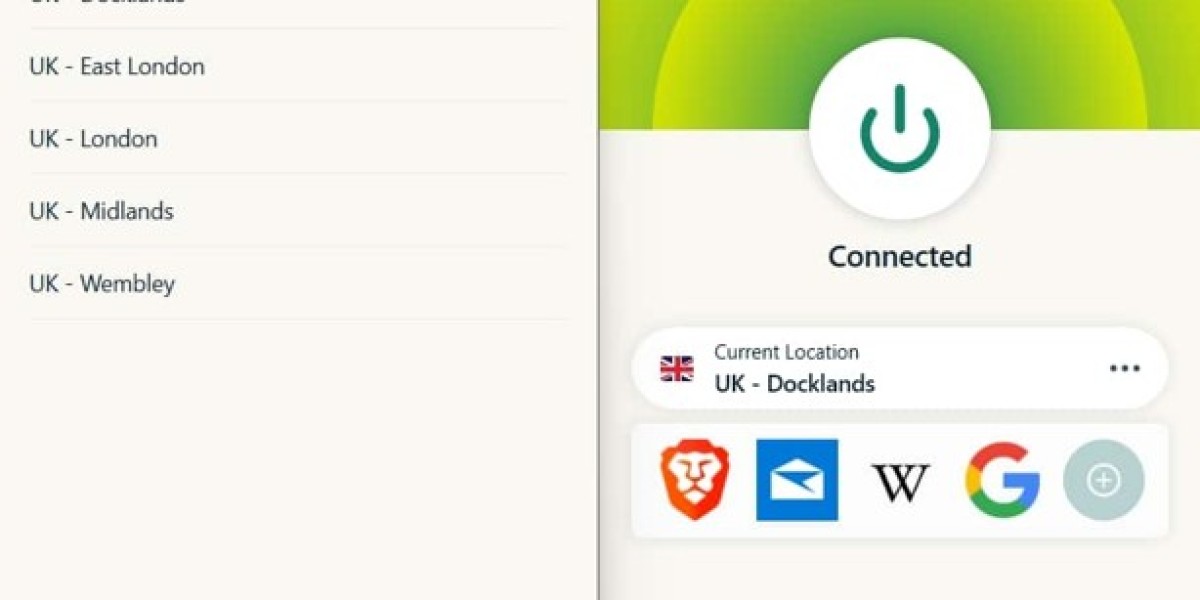Introduction
In today’s digital-first world, businesses are constantly seeking ways to connect with customers in real time. WhatsApp, with over 2 billion active users globally, has emerged as a powerful tool for communication. When combined with a Customer Relationship Management (CRM) system, WhatsApp Marketing Services can transform how businesses engage customers, manage leads, and boost conversions. This blog by Adomantra will guide you through integrating WhatsApp with your CRM and maximizing its potential.
1. Understanding WhatsApp Marketing
1.1 What is WhatsApp Marketing?
WhatsApp Marketing is the process of using WhatsApp as a platform to communicate with potential and existing customers. It allows businesses to:
Send personalized messages
Share updates and promotional content
Provide customer support
Build lasting customer relationships
1.2 Benefits of WhatsApp Marketing Services
High Engagement Rates: WhatsApp messages have a 98% open rate, significantly higher than emails.
Direct Communication: Engage with customers in a personal and immediate way.
Multimedia Support: Share images, videos, and PDFs for better engagement.
Automation Opportunities: With the right tools, responses can be automated, saving time and resources.
2. Understanding CRM Systems
2.1 What is a CRM?
A CRM (Customer Relationship Management) system is software that helps businesses manage interactions with customers and leads. It centralizes customer information, tracks engagement, and automates sales and marketing processes.
2.2 Benefits of a CRM
Centralized Customer Data: All interactions in one place for better insights.
Improved Customer Service: Track customer queries and resolve them faster.
Automation of Tasks: Automate emails, follow-ups, and reminders.
Data-Driven Decisions: Analyze customer behavior to improve sales strategies.
3. Why Integrate WhatsApp Marketing with CRM?
Integrating WhatsApp with a CRM system allows businesses to combine the power of instant messaging with organized customer data.
3.1 Key Advantages
Personalized Communication: Use CRM data to send tailored messages.
Lead Management: Track conversations and automatically update lead status.
Enhanced Customer Support: Quickly access customer history during chats.
Campaign Automation: Schedule and track WhatsApp marketing campaigns from the CRM.
Data Analysis: Measure engagement metrics, such as open rates, responses, and conversions.
4. Steps to Integrate WhatsApp Marketing with Your CRM
4.1 Select a WhatsApp Business API Provider
To integrate WhatsApp with CRM, businesses must use the WhatsApp Business API. Choose a provider that supports CRM integration.
4.2 Choose a Compatible CRM
Not all CRMs are compatible with WhatsApp integration. Popular CRMs like HubSpot, Salesforce, Zoho, and Freshsales support this integration.
4.3 Connect WhatsApp to the CRM
Obtain API credentials from the WhatsApp provider.
Use CRM plugins or third-party integration tools like Zapier or Twilio.
Test the integration by sending messages to sample contacts.
4.4 Segment Your Audience
Use CRM data to segment customers based on:
Purchase history
Location
Engagement level
Preferences
4.5 Automate Messaging
Welcome Messages: Automatically greet new customers.
Promotional Campaigns: Notify users about offers or events.
Transactional Notifications: Send order confirmations, invoices, and reminders.
4.6 Monitor and Analyze Performance
Use CRM dashboards to track:
Response rates
Message delivery success
Customer engagement
ROI of campaigns
5. Best Practices for WhatsApp CRM Integration
5.1 Personalize Messages
Leverage CRM data to address customers by name and suggest products based on past interactions.
5.2 Respect Privacy and Consent
Always obtain customer consent before sending messages to avoid legal issues.
5.3 Use Multimedia Effectively
Share images, videos, PDFs, and GIFs to make communication more engaging.
5.4 Schedule Messages Strategically
Send messages at times when customers are most likely to engage. Avoid spamming.
5.5 Track Every Interaction
Log all conversations in the CRM to maintain a complete customer profile.
6. Common Challenges and How to Overcome Them
6.1 Challenge: Message Overload
Solution: Use segmentation and scheduling to avoid sending irrelevant messages.
6.2 Challenge: Integration Complexity
Solution: Work with reliable WhatsApp API providers and CRM consultants.
6.3 Challenge: Limited Analytics
Solution: Use CRM analytics tools to measure campaign performance accurately.
6.4 Challenge: Maintaining Personal Touch at Scale
Solution: Use smart automation to personalize messages without losing authenticity.
7. Case Studies: Successful WhatsApp-CRM Integrations
7.1 E-Commerce Brand
An online retail brand integrated WhatsApp with their CRM to send personalized product recommendations. Result: 40% increase in repeat purchases.
7.2 Travel Agency
A travel agency used WhatsApp CRM integration to automate booking confirmations and travel reminders. Result: 35% higher customer satisfaction scores.
7.3 Healthcare Provider
A healthcare provider sent appointment reminders and follow-up tips via WhatsApp linked with CRM. Result: 50% reduction in no-shows.
8. Advanced Tips for WhatsApp Marketing Services via CRM
Use AI Chatbots: Automate FAQs and initial customer responses.
Integrate with Other Marketing Channels: Sync WhatsApp campaigns with email, SMS, and social media marketing.
Regularly Update CRM Data: Ensure customer profiles are accurate for personalized messaging.
Test and Optimize Campaigns: Continuously measure engagement and refine messaging strategies.
Use Rich Media Templates: Pre-approved WhatsApp templates can be used for transactional messages, promotions, and alerts.
9. Future of WhatsApp CRM Integration
AI-Driven Insights: AI will predict customer behavior and recommend messaging strategies.
Omnichannel Experience: Customers will interact seamlessly across WhatsApp, email, web chat, and social media.
Enhanced Automation: Advanced workflows will reduce manual tasks further while maintaining personalization.
Conclusion
Integrating WhatsApp Marketing Services with your CRM is no longer optional—it's essential for modern businesses. By combining real-time messaging with organized customer data, companies can enhance engagement, streamline operations, and drive sales. Adomantra emphasizes leveraging this integration to maximize ROI, maintain personal communication at scale, and future-proof marketing strategies.
Frequently Asked Questions (FAQ)
Q1: What does integrating WhatsApp with a CRM mean?
It means connecting your WhatsApp Business account or API with a CRM system so all customer chats, leads, and interactions are recorded and managed centrally.
Q2: Why should I integrate WhatsApp with my CRM?
It helps you streamline communication, personalize marketing campaigns, automate responses, and keep all customer data updated in one platform.
Q3: Which CRMs allow WhatsApp integration?
Popular ones include Salesforce, Zoho, HubSpot, Freshsales, Pipedrive, and Microsoft Dynamics. Many offer direct plugins or third-party connectors.
Q4: Do I need the WhatsApp Business API for CRM integration?
Yes. Regular WhatsApp or WhatsApp Business app doesn’t support enterprise-level integration. The WhatsApp Business API is required for automation and CRM syncing.
Q5: Is WhatsApp Marketing Services only for large businesses?
No. Small and medium-sized businesses can also benefit by automating customer support, reminders, and promotions through CRM-connected WhatsApp messaging.
Q6: How do WhatsApp Marketing Services improve customer engagement?
By sending real-time, personalized messages, sharing multimedia content, and enabling two-way conversations, which lead to higher response rates than email or SMS.
Q7: Can I send bulk messages with WhatsApp CRM integration?
Yes, but only to opted-in customers. Bulk campaigns can be managed from your CRM while staying compliant with WhatsApp policies.
Q8: How can I use WhatsApp for lead generation through CRM?
Leads generated from websites, ads, or social campaigns can be automatically directed into your CRM and contacted via WhatsApp for nurturing.
Q9: What types of messages can I automate with WhatsApp and CRM?
Welcome messages
Order confirmations
Payment reminders
Appointment updates
Feedback requests
Promotional offers
Q10: How do I measure ROI from WhatsApp campaigns?
CRMs provide analytics like open rates, response times, conversation outcomes, and sales conversions, helping you calculate ROI accurately.
Q11: Is WhatsApp marketing legal?
Yes, but you must follow WhatsApp Business Policies and data privacy regulations (like GDPR). Customers should opt-in before receiving messages.
Q12: Can WhatsApp be used for customer support when integrated with CRM?
Absolutely. Customer queries are logged in the CRM, and agents can view complete histories while responding, ensuring faster resolutions.
Q13: Is WhatsApp better than email for marketing?
Both have value, but WhatsApp messages usually have higher open (98%) and response rates compared to emails. It’s best to use both together.
Q14: How can WhatsApp help in e-commerce CRM?
E-commerce businesses can use it to send order updates, shipping confirmations, return notifications, and personalized product recommendations.
Q15: What are the biggest challenges of WhatsApp CRM integration?
Technical setup complexity
Compliance with WhatsApp policies
Avoiding spam-like messaging
Managing customer expectations
Q16: Can I integrate WhatsApp with multiple CRMs at the same time?
It’s possible but not recommended. To avoid confusion and data duplication, stick to one primary CRM.
Q17: Do customers need to install a special app to receive my WhatsApp messages?
No. Customers only need their regular WhatsApp app; the integration happens on your side through CRM and WhatsApp Business API.
Q18: Can I use chatbots with WhatsApp CRM integration?
Yes. AI chatbots can answer FAQs, qualify leads, and escalate complex queries to human agents seamlessly.
Q19: How do I ensure personalization in WhatsApp campaigns?
Use CRM data such as customer name, purchase history, and preferences to send relevant, targeted messages.
Q20: What industries benefit most from WhatsApp CRM integration?
E-commerce
Travel and hospitality
Healthcare
Education
Banking and financial services
Q21: How secure is WhatsApp CRM integration?
WhatsApp offers end-to-end encryption, and reliable API providers ensure compliance with data protection standards like GDPR.
Q22: Can WhatsApp CRM integration reduce customer churn?
Yes. Proactive engagement, reminders, and personalized follow-ups help improve customer satisfaction and retention.
Q23: How does automation work in WhatsApp CRM campaigns?
You can schedule workflows in your CRM so that triggers (e.g., new signup, order placed) automatically send a WhatsApp message.
Q24: Can I integrate WhatsApp with free CRM software?
Some free CRMs like HubSpot’s free plan allow limited integrations, but advanced features often require premium versions.
Q25: How do WhatsApp Marketing Services from Adomantra help businesses?
Adomantra provides end-to-end WhatsApp Marketing Services, helping businesses set up API integration, create campaigns, manage automation, and analyze results for maximum ROI.








